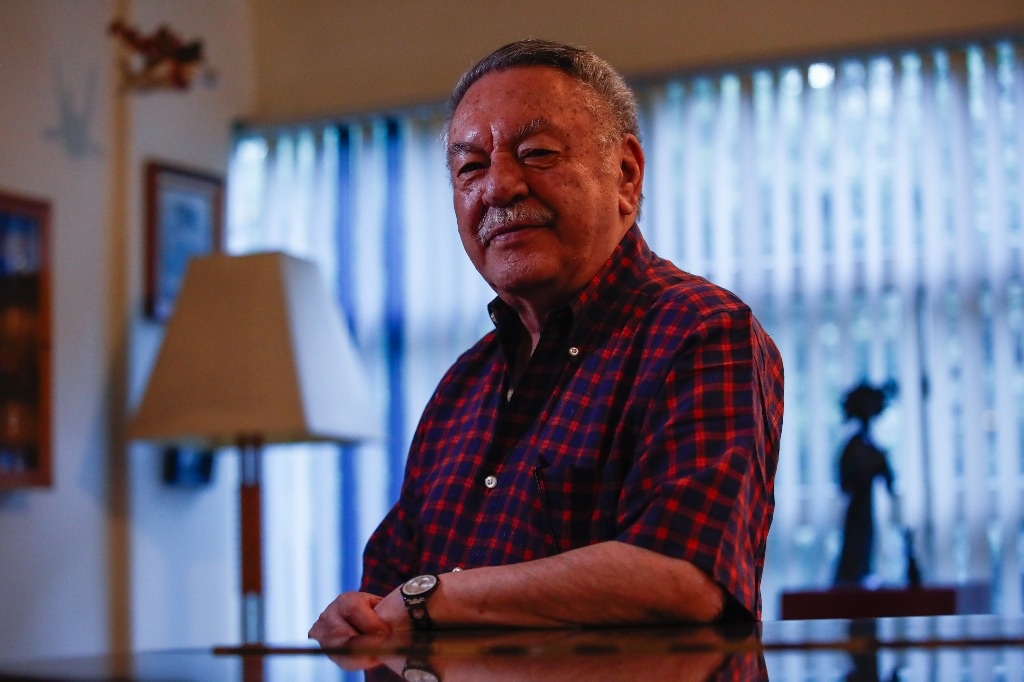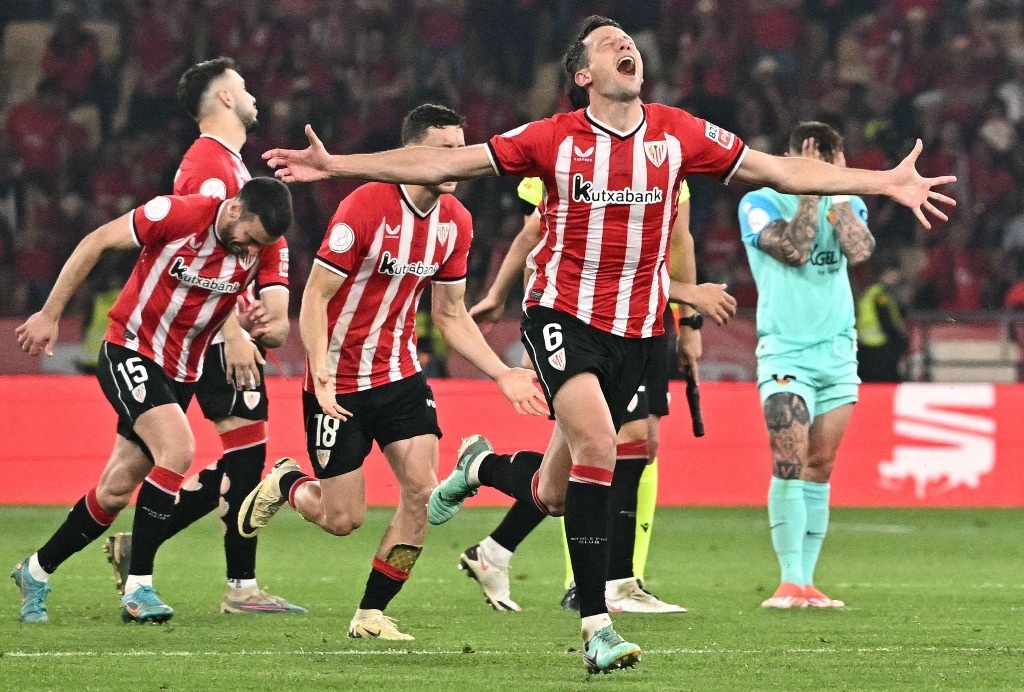Mexico City. A little-known episode in the history of Mexico, the fateful expedition led by the Spanish conquistador Hernán Cortés to Las Hibueras in 1524, in the jungle of present-day Honduras, is the subject of The conquered winnerthe most recent opera by Federico Ibarra Groth, whose world premiere will be on April 18, at 8 p.m., at the Palacio de Bellas Artes, by the National Opera Company.
It is the ninth operatic title written by the distinguished Mexican composer, one of the most prolific within this exciting genre.
The Conquest of Mexico is a topic that has been on his mind since 1992, when 500 years of the so-called Meeting of Two Worlds were commemorated. The delay in completing the project was due to the fact that he could not find the appropriate librettist, until he met the writer Enrique Serna, who was immediately enthusiastic about the idea.
I don’t know how many playwrights I interviewed. Everyone said it was very interesting, but it seems that the topic bothered them and they put me off. I spoke with Serna and she finally agreed, and that’s how I started working. She gave me the script in three months! That was about three years ago. At the end of 2023 I finished the work and we will see what happens with it now
points out Federico Ibarra (Mexico City, 1946).
In interview with The Conferencealso a pianist and emeritus professor at the National Autonomous University of Mexico, says that he chose this little-known passage in national history because there are other titles that deal with, with little or bad fortune
the most widespread part of the Conquest of Mexico, performed especially by European musicians.
He clarifies that his is far from being an epic or romantic opera, and there is no room for redemption for anyone, since the characters end tragically, everyone is defeated
, points out in reference to the three protagonists of the plot: Hernán Cortés; Cuauhtémoc, the last Mexica emperor, and La Malinche, the interpreter and partner of the Spanish conqueror.
In the work, made up of three acts and lasting just over two hours, the author approaches with a very human vision the historical events that occurred after the fall of the great Tenochtitlan, based on the psyche, human processes and dramas. that that triad of historical figures go through.
It is an opera that encourages reflection, both about the characters and the situations in which they found themselves; It is even a little intimate and more focused on seeing each of the characters than on situations or describing other types of aspects.
he points out.
The situations are rather the pretext to delve into the internal drama of the characters. Cortés suffered a terrible defeat both by nature and within himself. On the other hand, although he is not a character as such, in the opera there is a permanent presence: hunger. Cortés wanted to believe that on his journey he would find towns to get food, but what he found was a wasteland.
For Federico Ibarra, it is inexplicable why the conqueror undertook that journey to the Honduran jungle. Cortés learned that a Spanish soldier revolted in Honduras two years after the fall of Tenochtitlan, and he began a very strange adventure by leaving with an army of 5,000 people, of which 90 percent were natives of these lands, and After two years he returns with that decimated army, with only 300 elements
.
The conquered winner It is presented in musical terms as a contemporary work that addresses historical events
. It is for a full orchestra, albeit a small one, with additions of three instruments: guitar, viola and the predecessor of the oboe, with which the author makes reference in certain scenes to the music that was played at the time of the conquest.
One of its main characteristics is that it does not use the conventional opera tessituras for the protagonists, as there are two tenors and a soprano, with the purpose, the author specifies, that there are no heroes or villains.
–Do you take a position or make a judgment about that historical passage throughout the work?
–Yes, a position has to be taken through the script of certain events. The first thing that caught my attention is why Cortés took Cuauhtémoc on that expedition, what prompted him to do so. Perhaps because Cuauhtémoc was able to organize a revolt in the capital, although Cortés left Mexico City protected.
He probably took him to avoid any trouble, but there is no explanation as to why he had him killed while he was outside Mexico in this campaign. What motivated you? I can’t find an answer there. It was a brutal and unjustified murder, although the script exposes a theory that we do not know if it is true.
–You have said that the art of opera is for you a way to expunge your demons, what are the ones you expel now with The conquered winner?
–My son, I think those of all of us. That is, our origin and behavior, our way of being and everything that our ancestors left in our blood. In that sense, it is a search for our origin.
In the stage direction, the assembly is in charge of Hernán del Riego and, in the concert, by Iván López Reynoso, with the participation of the Choir and Orchestra of the Teatro de Bellas Artes. In addition to the premiere performance, there will be a second one on Sunday, April 21 at 5 p.m.
#Federico #Ibarra #Groth #presents #vision #Conquest #Mexico
– 2024-04-11 06:08:13


